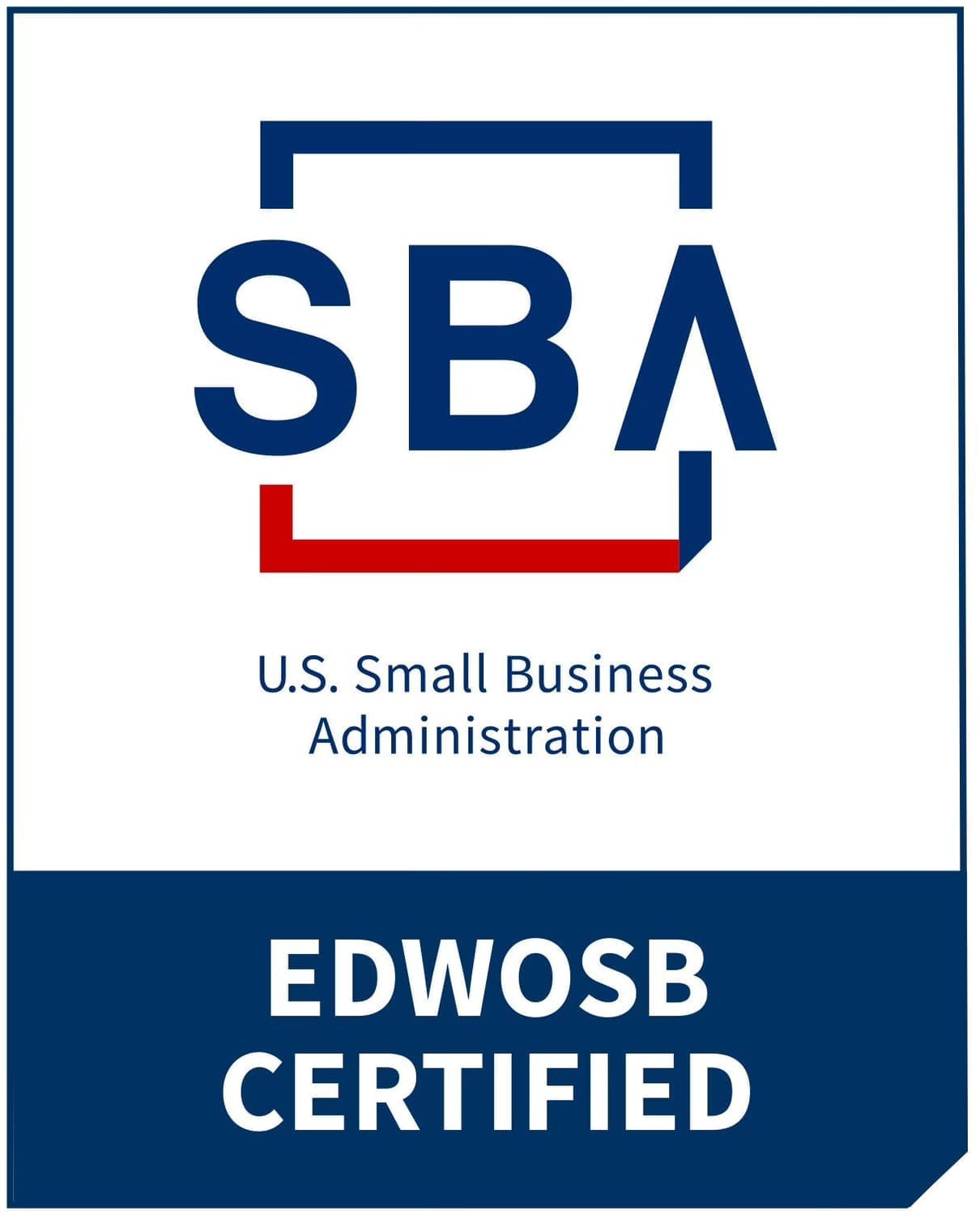Understanding ADHD: Myths vs. Facts Every Parent Should Know
Understanding ADHD: Myths vs. Facts Every Parent Should Know" is an informative guide designed to help parents navigate the complexities surrounding Attention Deficit Hyperactivity Disorder (ADHD). It aims to dispel common misconceptions and provide evidence-based facts about ADHD, its symptoms, and effective management strategies. This resource empowers parents with the knowledge necessary to support their children and advocate for their unique needs in educational and social settings.
Myth #1: ADHD is just an excuse for bad behavior
Fact: ADHD (Attention-Deficit/Hyperactivity Disorder) is a medical condition that affects how a child's brain develops, particularly in the areas responsible for focus, self-control, and organization. It is important to note that ADHD is not caused by laziness or a lack of discipline.
Children with ADHD often make a significant effort to “do the right thing,” but they struggle with challenges such as waiting their turn, completing tasks, and remembering instructions. These difficulties can be frustrating for them as well, not just for the adults in their lives.
What Helps: Establishing consistent routines, providing gentle reminders, and collaborating with professionals who focus on teaching skills rather than punishing behaviors can be beneficial.
Myth #2: ADHD is caused by sugar, excessive screen time, or bad parenting.
Fact: ADHD is primarily genetic. If a child has ADHD, there is a strong possibility that another family member does as well. While food, sleep, and screen time can influence symptoms, they do not cause ADHD.
Parents are often unfairly blamed when their child has ADHD. In reality, ADHD is a brain-based difference that requires support rather than shame.
What Helps: It’s important to learn what can help your child feel calm and focused. This may include establishing consistent bedtime routines, providing healthy snacks, limiting screen time, and seeking professional guidance.
Myth #3: ADHD only looks like hyperactivity
Fact: ADHD can manifest very differently from one child to another. While many people envision a hyperactive child who can't sit still, some children—especially girls—may appear quiet, dreamy, overly talkative, or emotionally sensitive. These variations often go unnoticed or are misinterpreted.
This is particularly true for Black girls, who are frequently underdiagnosed and misjudged. Instead of being recognized for struggling with focus or emotional regulation, they are often labeled as:
“Too grown”
“Disruptive”
“Talkative”
“Unmotivated”
“Oppositional”
These labels stem from biased systems that tend to view the behaviors of Black girls as discipline issues rather than as signs of a neurological condition like ADHD. Consequently, their symptoms may be overlooked, dismissed, or punished rather than supported.
What Helps: Be attentive to signs such as frequent daydreaming, disorganization, difficulty following directions, frustration with tasks, or “zoning out.”
If your daughter is getting in trouble for what is perceived as "attitude" but is actually struggling with focus or emotional outbursts, consider seeking an evaluation from someone who understands how ADHD can present differently based on race and gender.
Myth #4: Medication is the only solution
Fact: Medication is one option, but it is not the only solution, and it does not “fix” ADHD. Instead, medication can help make symptoms more manageable.
The most effective support plans typically include:
Parent training: Learning new ways to respond to behaviors.
Behavior therapy or coaching: Teaching your child how to manage their emotions and actions.
School support: This may involve accommodations like extra time, visual checklists, or movement breaks.
What Helps: Talk to your healthcare provider about developing a comprehensive care plan, not just a prescription. Your child needs effective strategies and support, not just medication.
Myth #5: Kids with ADHD can’t succeed in school
Fact: Children with ADHD can succeed academically when they are taught in ways that match how they learn best. Traditional classrooms are often designed for kids who can sit still, follow multi-step directions, and complete long assignments.
However, children with ADHD may benefit from alternatives such as visuals, hands-on activities, breaks, or smaller class sizes. When these supports are provided, kids with ADHD can excel in school and beyond.
What Helps: It’s essential to advocate for things like Individualized Education Programs (IEPs), 504 plans, or specialized instruction tailored to your child's needs. Success doesn't hinge on conformity; instead, it comes from understanding and adapting to how your child learns best.
Final Thoughts: You’re Not Alone
If your child has ADHD—or you suspect they might—you are not a bad parent. It’s important to remember that you don’t have to go through this journey by yourself. By learning about your child’s unique brain, seeking the right support, and making necessary adjustments in their environment, you can foster positive change.
Parent Prompt:
What’s one thing you wish people understood about your child? Share your thoughts in the comments or take a moment to write it down and express it to your child today. Let them know: "I see you. I believe in you. I’ve got your back."
References
Centers for Disease Control and Prevention (CDC). What is ADHD?
https://www.cdc.gov/ncbddd/adhd/facts.htmlNational Institute of Mental Health (NIMH). ADHD Overview.
https://www.nimh.nih.gov/health/topics/attention-deficit-hyperactivity-disorder-adhdHinshaw, S. P., & Ellison, K. (2016). ADHD: What Everyone Needs to Know. Oxford University Press.
Centers for Disease Control and Prevention. ADHD in Girls.
https://www.cdc.gov/ncbddd/adhd/girls.htmlAmerican Academy of Pediatrics. (2019). Clinical Practice Guideline for the Diagnosis, Evaluation, and Treatment of Attention-Deficit/Hyperactivity Disorder in Children and Adolescents.
https://pediatrics.aappublications.org/content/144/4/e20192528DuPaul, G. J., Weyandt, L. L., & Janusis, G. M. (2011). ADHD in the Classroom: Effective Intervention Strategies. Theory Into Practice, 50(1), 35–42.
https://doi.org/10.1080/00405841.2011.534935Crenshaw, K., Ocen, P., & Nanda, J. (2015). Black Girls Matter: Pushed Out, Overpoliced, and Underprotected. African American Policy Forum.
https://www.aapf.org/blackgirlsmatterEpstein, R., Blake, J. J., & González, T. (2017). Girlhood Interrupted: The Erasure of Black Girls’ Childhood. Georgetown Law Center on Poverty and Inequality.
https://genderjusticeandopportunity.georgetown.edu/wp-content/uploads/2020/06/girlhood-interrupted.pdf

HEY, I’m Ebony Davis
With over a decade of experience in behavioral health, Ms. Davis is a skilled clinician, program developer, and trainer specializing in direct care and workforce development for behavioral health professionals. Her expertise includes implementing evidence-based interventions, integrating behavioral health services into workforce readiness programs, and developing trauma-informed care models for diverse populations. She has worked extensively in substance use prevention, forging public-private partnerships to address opioid misuse and enhance community-based recovery support.
JOIN MY MAILING LIST
Looking for a calmer, more structured start to your child's day?
Download our Morning Routine Chart—designed to support executive functioning, independence, and confidence in just a few simple steps.
Kid-friendly
Easy to follow
Builds strong daily habits

Butler & Davis Consulting LLC is DBA The Revolution Learning Lab.
Company
Resources
All Rights reserved | Privacy policy | Legal | Terms and conditions
We currently accept Maryland Medicaid for therapeutic services. Tuition is billed separately.
© 2025 The Revolution Learning Lab. All rights reserved.

